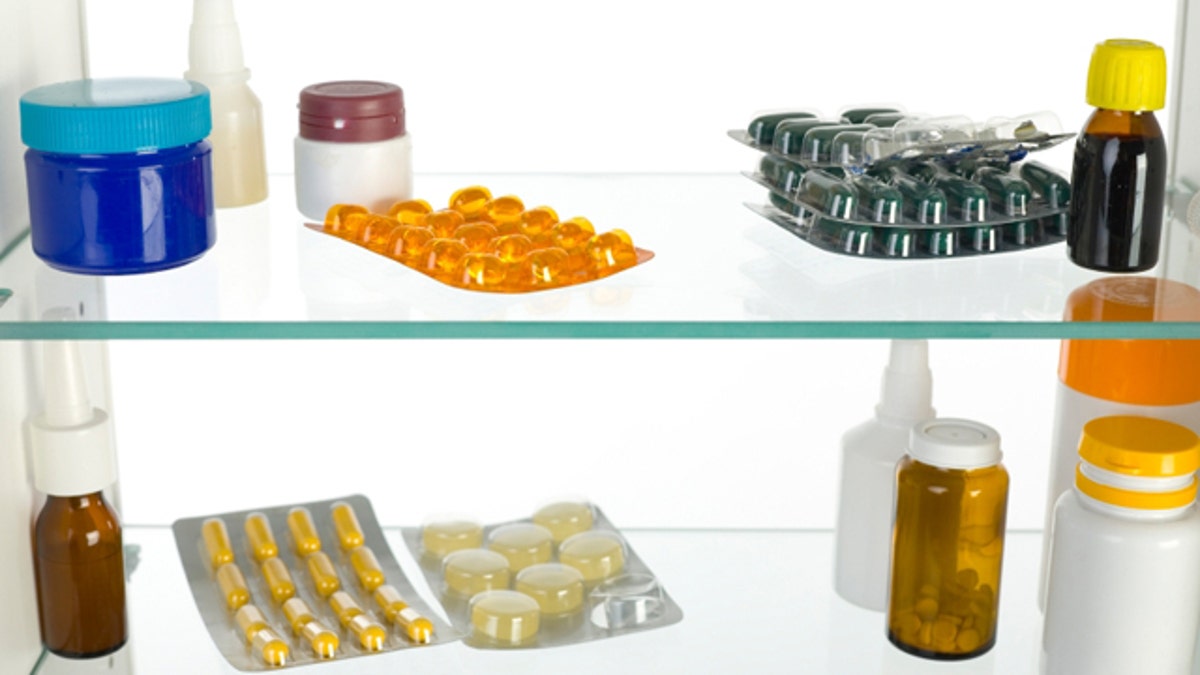
As the day wears on and doctors get tired, they're about 25 percent more likely than early in their shifts to prescribe antibiotics to patients who don't need them, according to a new study.
“Just as an observation it kind of makes sense, doctors are human too and we get tired over the course of the day and tend to make worse-appearing decisions,” said Dr. Jeffrey A. Linder of the Division of General Medicine and Primary Care, Brigham and Women’s Hospital in Boston, who coauthored the research letter.
Doctors and patients should both be aware of that kind of ‘decision fatigue,’ he told Reuters Health by phone.
Past studies have looked at people’s tendency to opt for the easiest or safest choices when they’ve been making a lot of decisions and may be feeling burned out. For example, judges are more likely to deny parole later in the day, Linder and his colleagues point out in JAMA Internal Medicine.
To see if the same pattern occurs among doctors, the researchers compared electronic health records and billing data for patients who visited a primary care practice between 2011 and 2012 with symptoms of an acute respiratory infection.
Some respiratory-system infections, like an ear infection, sinus inflammation, pneumonia or strep throat, may require antibiotics, while others caused by viruses, such as acute bronchitis and influenza, should never be treated with antibiotics, according to national guidelines, the authors write.
Of the 21,867 respiratory infection visits to primary care clinics during the study, 44 percent resulted in an antibiotic prescription, according to electronic health records.
The researchers divided the clinic visits into two “shifts,” covering 8 AM to noon and 1 PM to 5 PM on weekdays. Many doctors in the clinics only work one shift per day, the authors note.
Over the course of each shift, antibiotic prescribing went up for diagnoses that should as well as those that shouldn’t be treated with the drugs.
Overall, doctors were 26 percent more likely to prescribe an antibiotic in the fourth hour of a shift compared to the first hour.
Specifically for conditions that should not require antibiotics, doctors prescribed them about 30 percent of the time at 1 PM and close to 35 percent of the time at 4 PM.
“Their antibiotic prescribing is inconsistent with the diagnosis they’re giving the patient,” Linder said. “That 25 to 26 percent should be closer to zero.”
This is a dangerous issue, according to António Teixeira Rodrigues, a researcher at the Center for Cell Biology at the University of Aveiro in Portugal.
Rodrigues, who has researched physician prescribing practices, was not part of the new study.
“It reveals how complex the antibiotic prescribing process is, comprising medical, social and economic issues and should concern health professionals and authorities, and the general population because it increases the complexity and difficulty of tackling this public health problem,” he told Reuters Health by email.
“We must not forget that antibiotic misuse is one of the main factors underlying the increasing rates of antimicrobial resistances, which is a major public health concern worldwide,” he said.
There can be other negative consequences as well, said Sarah Tonkin-Crine of the University of Southampton in the U.K., who also studies prescribing behavior.
“Antibiotics have side-effects and can lead to patients having additional symptoms on top of their original illness,” she told Reuters Health by email.
“When patients are given antibiotics for infections when they aren’t necessary, they often return for similar infections in the future because they believe antibiotics are needed,” she said.
Patients could try to schedule their appointments in the early morning or early afternoon, if possible, but the healthcare system itself could also make strides to correct the problem, Linder said.
“There are systems things we can do to correct this,” Linder said. “Whether it’s taking breaks, reducing patient volume perhaps, or computerized decision support.”
He works specifically on implementing computerized decision support, which gives doctors automatic alerts if they are acting counter to guidelines.
The same decision fatigue could affect how doctors do a whole host of things, not only prescribe antibiotics, he noted.
“The message for patients is to remember that doctors are people too,” Linder said. “If your doctor is telling you you have acute bronchitis and have a cold, antibiotics will not help.”
